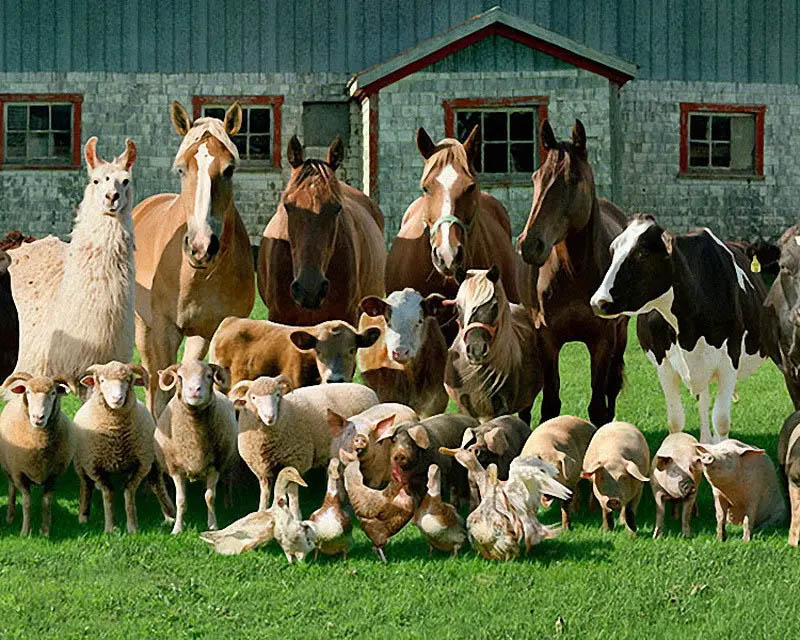With the development of animal husbandry and the continuous improvement of people's requirements for food safety and quality, the demand for feed additives is also increasing. Traditional feed additives mainly include antibiotics, hormones and feed enzymes, etc. However, these traditional feed additives have some problems, such as antibiotic abuse leading to drug resistance, hormone residues on human health potential risks. Therefore, the research and development of new feed additives has become a hot research field.

The research and development of new feed additives is mainly focused on the following aspects:
1. Probiotics: Probiotics are a type of live bacteria beneficial to the host, which can improve the digestive ability and immunity of animals by improving the structure and function of the host intestinal flora. Probiotics can inhibit the growth of harmful bacteria, reduce the risk of infection of intestinal pathogens, and improve the growth performance and health of animals. Therefore, probiotics have become one of the research hotspots of new feed additives.
2. Plant extracts: Plant extracts are substances with certain biological activity extracted from plants. Plant extracts have a wide range of biological activities, such as antioxidant, antibacterial, anti-inflammatory, etc., which can improve the growth performance and health status of animals. At present, some plant extracts have been widely used in feed additives, such as grape seed extract, glycyrrhizin and so on.
3. Protein enzymes: Protein enzymes are a class of enzymes that can degrade proteins into small molecular peptides or amino acids. Protein enzymes can improve the utilization of protein, improve the nutritional value of feed, and reduce nitrogen emissions. At present, some protein enzymes have been used in feed additives, such as amylase, cellulase and so on.

4. Antioxidants: Antioxidants are a class of substances that can inhibit oxidation reactions, reduce the oxidative loss of fats and vitamins in feed, and extend the shelf life of feed. Antioxidants can improve the immunity of animals, reduce the occurrence of diseases, and improve the growth performance and health of animals. At present, some antioxidants have been used in feed additives, such as vitamin E, selenium and so on.
The research and development of new feed additives can not only improve the nutritional value and safety of feed, but also reduce environmental pollution and resource waste. However, the research and development of new feed additives still faces some challenges, such as high research and development costs and unstable application effects. Therefore, it is necessary to strengthen the cooperation between scientific research institutions and enterprises, increase the research and development investment in new feed additives, and improve the research and development level and application effect of new feed additives.
In short, with the development of animal husbandry and people's requirements for food safety and quality continue to increase, the research and development of new feed additives is of great significance. The research and development of new feed additives can improve the nutritional value and safety of feed, improve the growth performance and health status of animals, and reduce environmental pollution and resource waste. However, the research and development of new feed additives still faces some challenges, and it is necessary to strengthen the cooperation between scientific research institutions and enterprises to improve the level of research and development and application effects.
Post time: Sep-28-2023

